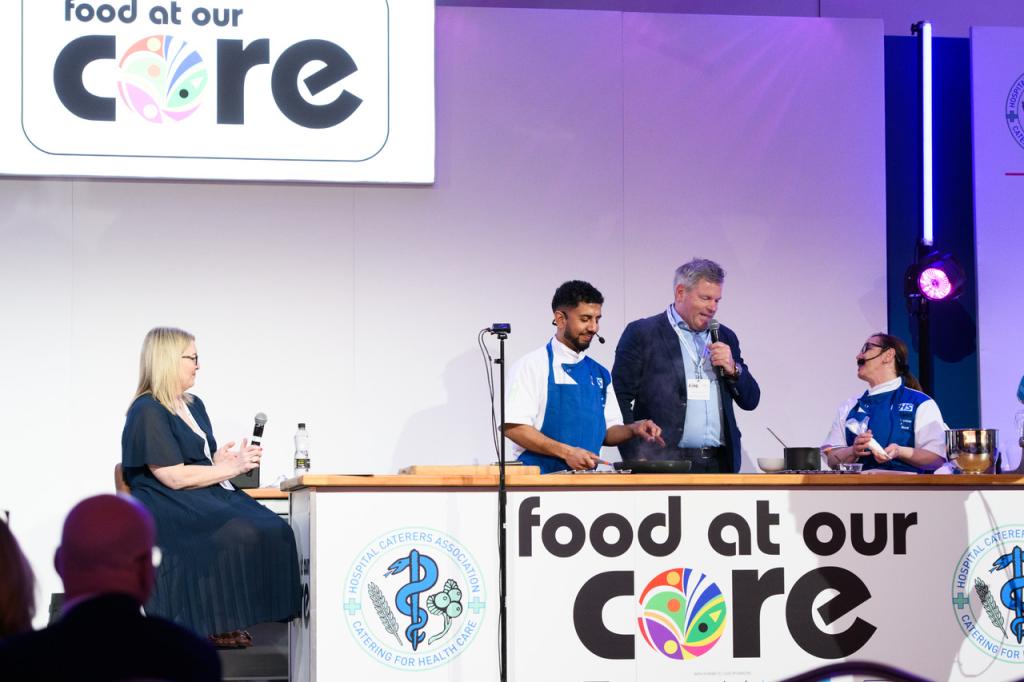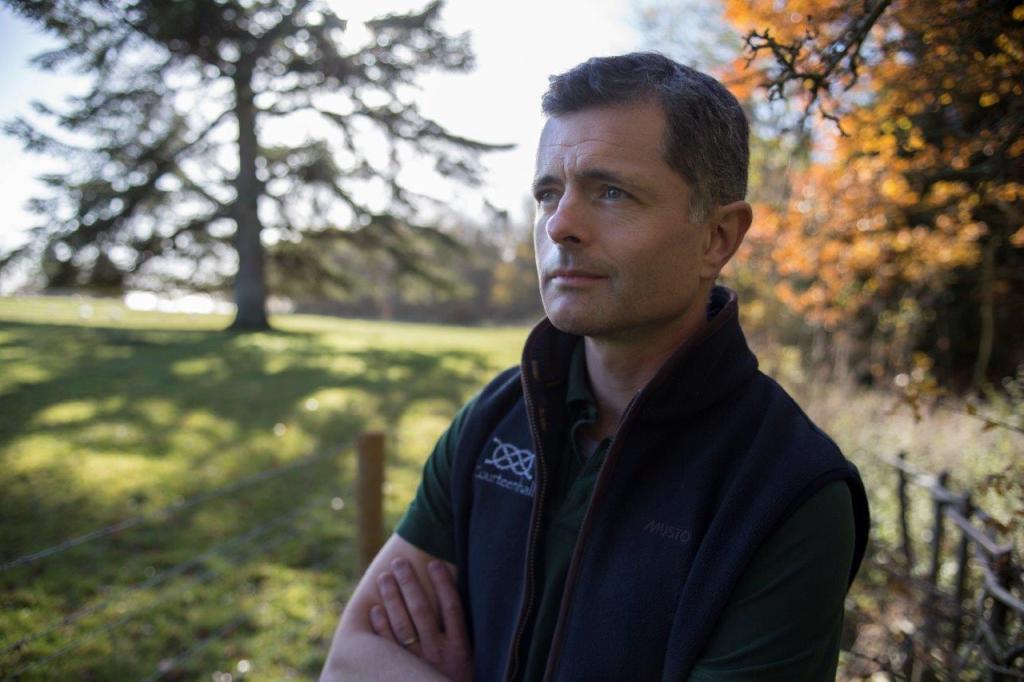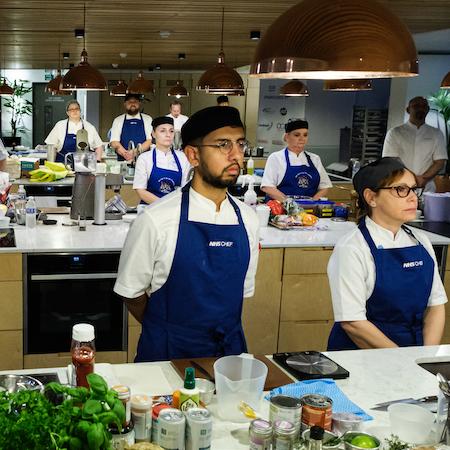Hospital catering: an interactive look at children’s menus, food waste and carbon

The first day the Hospital Caterers Association (HCA) forum in Birmingham yesterday (April 1) put the focus on practical ideas and advice to help teams manage three major issues they face – feeding children well, cutting food waste, and reducing their carbon footprint.
How to better serve the needs of children was addressed by Charlotte Fairall, whose nine-year-old daughter Sophie was hospitalised with cancer and inspired her mother to campaign to improve things after their own experience.
When Sophie died in 2021, aged ten, her mother took up the challenge through the charity Sophie’s Legacy. She told HCA members Sophie was a girl who loved food and cooking, but she had ended up refusing some of the food offered in hospital.
Charlotte told caterers that sometimes the treatment left her daughter with no immediate appetite for the food she was offered, but that there was no option of eating something later in the day when she felt well enough.
Treatment could also mean she missed a meal completely, and sometimes the food was bland and unappetising.
She pointed out that hospitals routinely served the same portion size to young children and teenagers, meaning that neither was getting the right level of nutrition.
Her answer was to make portions age-appropriate, get creative with food in terms of presentation such as theming it, or cutting sandwiches into interesting shapes.
She said menus with descriptions and photos by the beside were a big help, as were ideas like letting children decorate cupcakes or design their own meal.
“I know there isn’t a lot of money in the NHS for this, but many of these ideas or inexpensive, it just needs a bit more thought and creativity.”
Nick Vadis of NHS Supply Chain: Food hosted a session on managing food waste, with chefs Alan Dougan and James Dougan from the Greater Glasgow & Clyde NHS Trust, who won the HRC 4 Nations Challenge in 2023.
The chefs cooked a Thai Green Lentil and Potato Soup using lentils and potatoes leftover from a previous meal, together with other vegetable offcuts.
Nick offered an example of what he called re-purposing, saying that he had watched chefs preparing broccoli for the Thursday roast and throwing away all the stalks.
“I retrieved the stalks, together they weighed 9kg, and instead we cut off the end, sliced them, oiled and seasoned them and then roasted them and they became the centrepiece, with some other ingredients, for a salad.
“Lots of little actions like that put together all add up to make a significant change. Offer smaller portions and the option of more if you want it.
“The NHS throws away 100,000 meals a day, and you’ll always have some waste, but with small changes in thinking we can better control costs.”
And Lee Sheppard from apetito, which supplies 40% of the meals provided to NHS trusts in England, led a session on low carbon meals.
He was accompanied by Jethro Lawrence, the development chef at apetito, together with chefs Angela Dickson and Darren Taggart from Causeway Hospital in Northern Ireland, who between them cooked a venison pie and apple crumble – both low carbon dishes.
Lee described work done by apetito at St George’s NHS Trust where red meat was reduced while more chicken and fish were served.
“We changed the menu only slightly, but we presented the lower carbon meals more prominently and we saw that we achieved a small 1% saving in cost, but cut our carbon by 11% and saw patient satisfaction with the food go up too.”
He recommended not getting hung up about food miles, which he described as a minor factor when it came to greenhouse gas emissions.
“Work with suppliers who have signed up to science-based carbon reduction targets and you will find they have a done a lot of the work for you.
“So make small changes, reformulate by swapping some lentils for red meat, and really sell it to people once you have made the changes – placement on the menu drives the biggest changes.”
And plant-based chef and trainer Lisa Marley had some words of advice for anyone wanting to make changes to their menus.
“Don’t try to do it too quickly or by too much. I prefer the approach of adding things to menus rather than taking them away, so cut the meat back a bit and add lentils – I like less but better when it comes to things like meat.”
Earlier in the day HCA Chair Iain Robertson had welcomed delegates and visitors to the forum and outlined the work it was doing to increase membership and encourage younger people in NHS catering teams to get involved.
The forum is chaired by TV presenter Mark Durden-Smith.


